UK union announces ambulance strike as walkouts widen
The UK government has rejected workers' requests for better pay, after ambulance workers joined nurses in voting to go on strike.
"Our economic circumstances mean unions' demands are not affordable," Health Secretary Steve Barclay said on Wednesday, after the Unison union confirmed the ambulance service faced its biggest strike in 30 years.
Unison announced late on Tuesday that paramedics, ambulance technicians, and emergency call handlers would go on strike for 24 hours before Christmas.
The call for industrial action came after members of the union held a strike ballot.
Unison General Secretary Christina McAnea said it was a "tough call" for the ambulance workers to join the strike. "But thousands of ambulance staff and their NHS (National Health Service) colleagues know delays won't lessen, nor waiting times reduce, until the government acts on wages," she said.
The latest strike will affect London and four other regions of England as the ambulance service joins nurses across most of Britain in striking over government pay offers, which fall well short of double-digit inflation and soaring rise in cost of living in the country.
The nurses' strike will be sandwiched between the first of a series of two-day walkouts by national railway workers, while postal service employees will stage fresh stoppages in the run-up to Christmas.
Numerous other public and private-sector staff, from lawyers to airport ground personnel, has also held strikes this year as the UK faces its highest inflation and worst cost-of-living crisis in generations.
Meanwhile, British media reports said health and defense officials are drawing up a contingency strategy to invoke the Military Aid to the Civil Authorities protocol (MACA) to keep key services running as ambulance drivers and paramedics vote on whether to join a strike action.
The Guardian reported on Tuesday that the UK government had drawn up a plan to use British soldiers to fill in for striking Border Force staff.
About 600 servicemen and women will provide cover for members of the Border Force staff whose PCS union called on them to take industrial action following balloting. The British soldiers are to receive five days of training, which include checking passports and identifying trafficked children.
The UK government has also drawn up plans to use more of its soldiers to cover for firefighters who will be balloted next week over strike action, according to The Guardian.
Leader: Iran has no proxy forces in West Asia
US fighter aircraft shot down ‘in friendly fire’ amid aggression on Yemen
Yemeni FM: Israel’s sponsors accountable for ongoing aggression on Sana’a
Eight Palestinians killed as Israel attacks Gaza school, hospitals
VIDEO | Rome, Milan host new protests in solidarity with Palestinians
Dec. 21: ‘Axis of Resistance’ operations against Israeli occupation
Spain jurists demand ties with Israel ties be cut
VIDEO | Press TV's news headlines


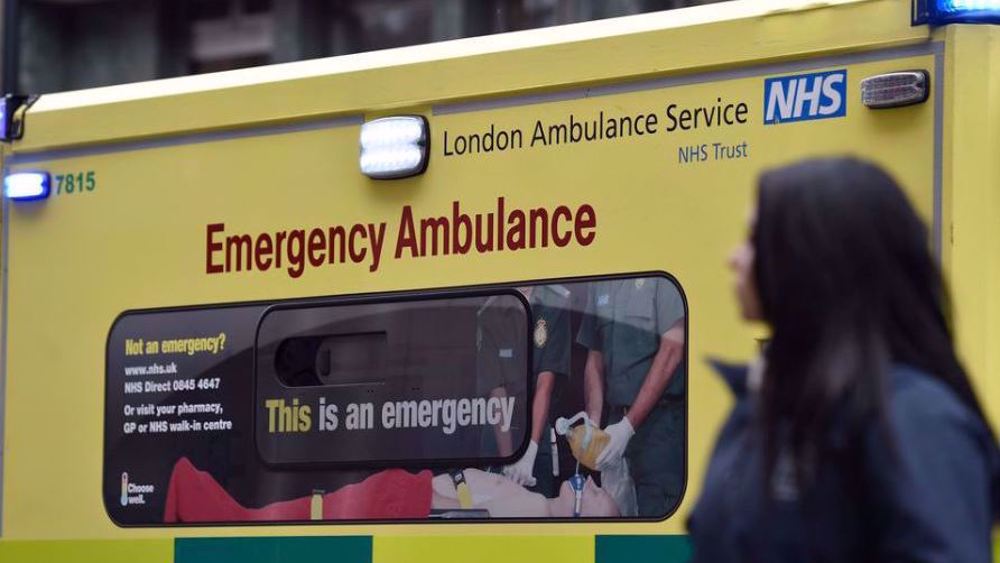
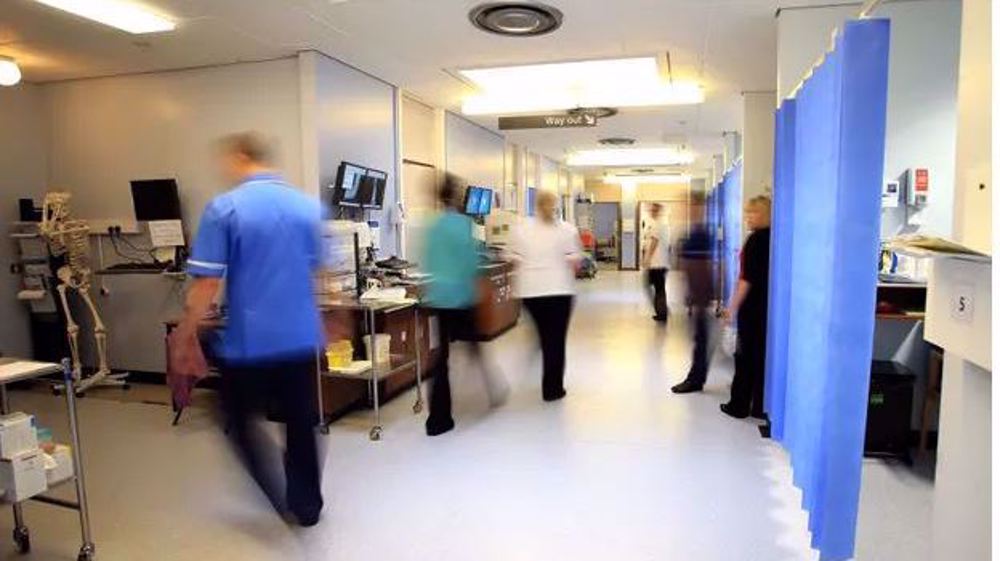






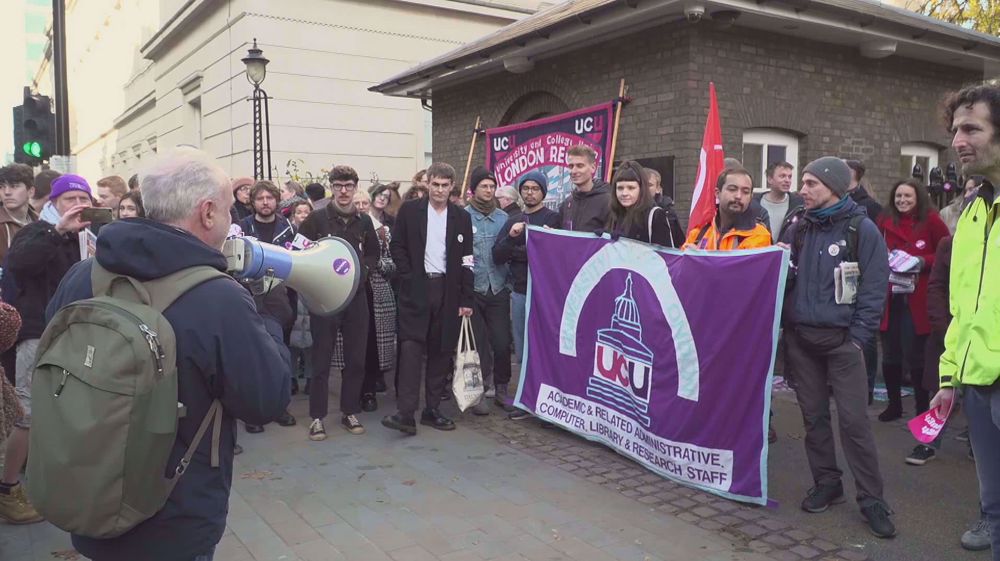
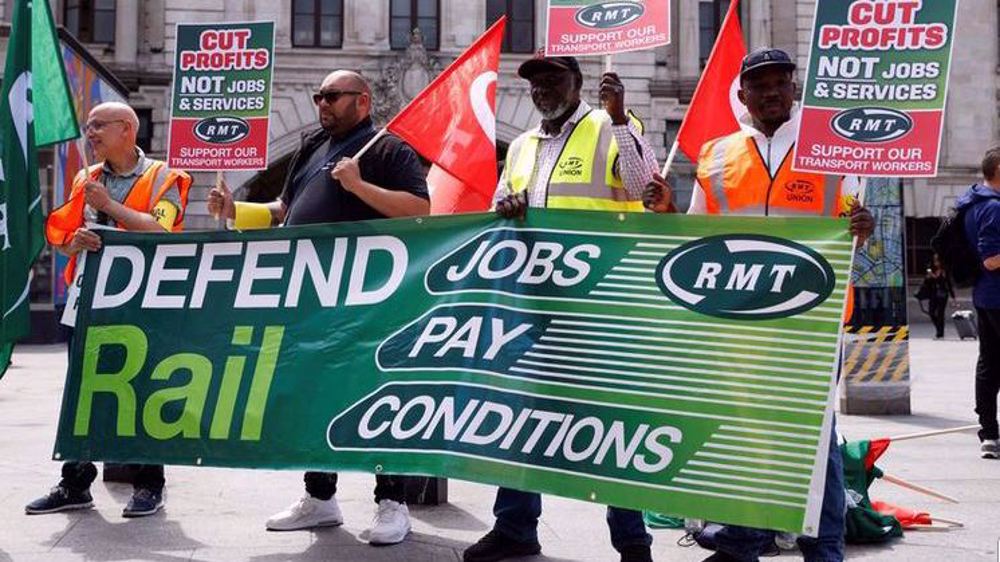
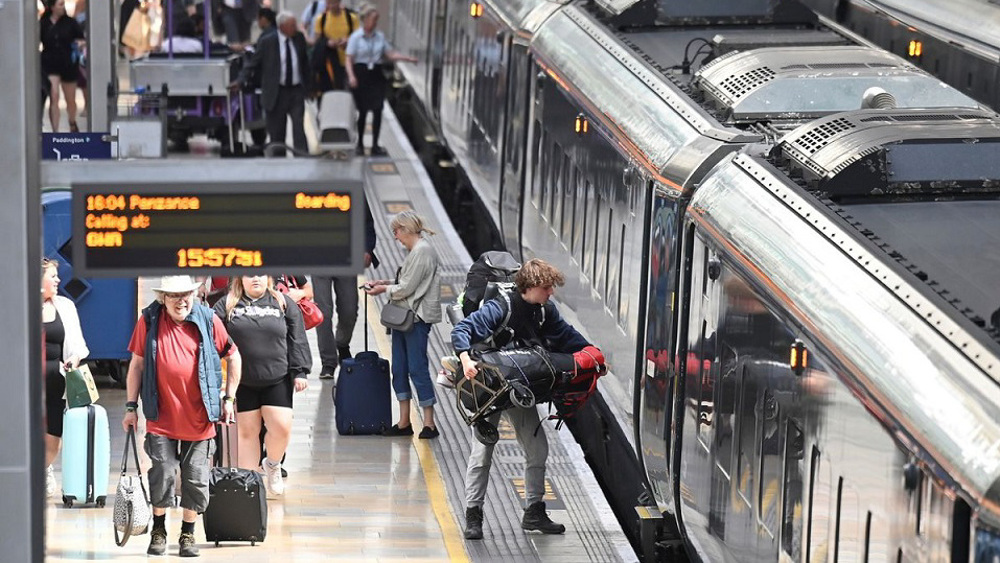

 This makes it easy to access the Press TV website
This makes it easy to access the Press TV website